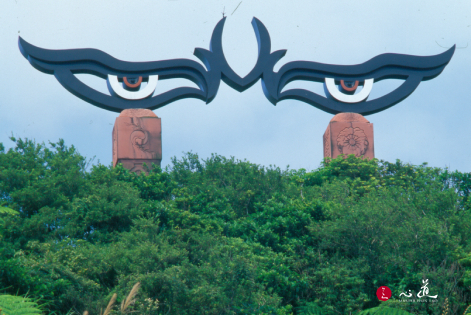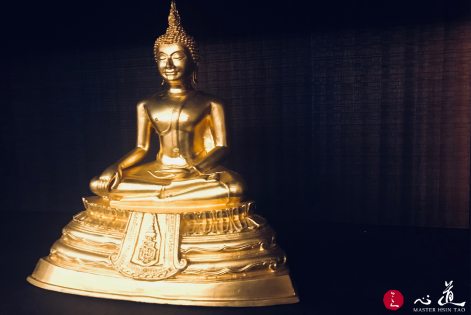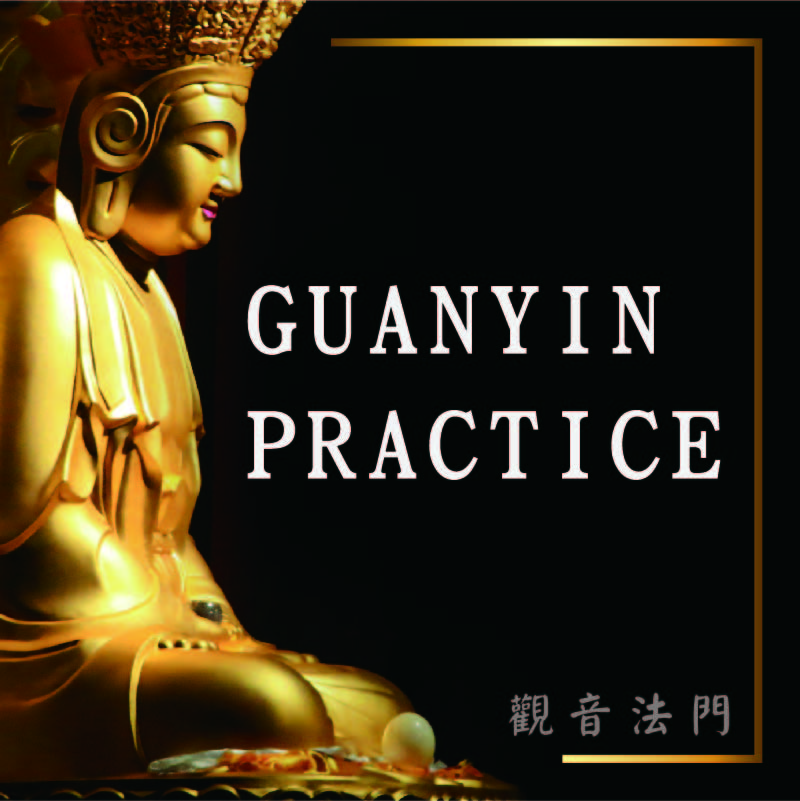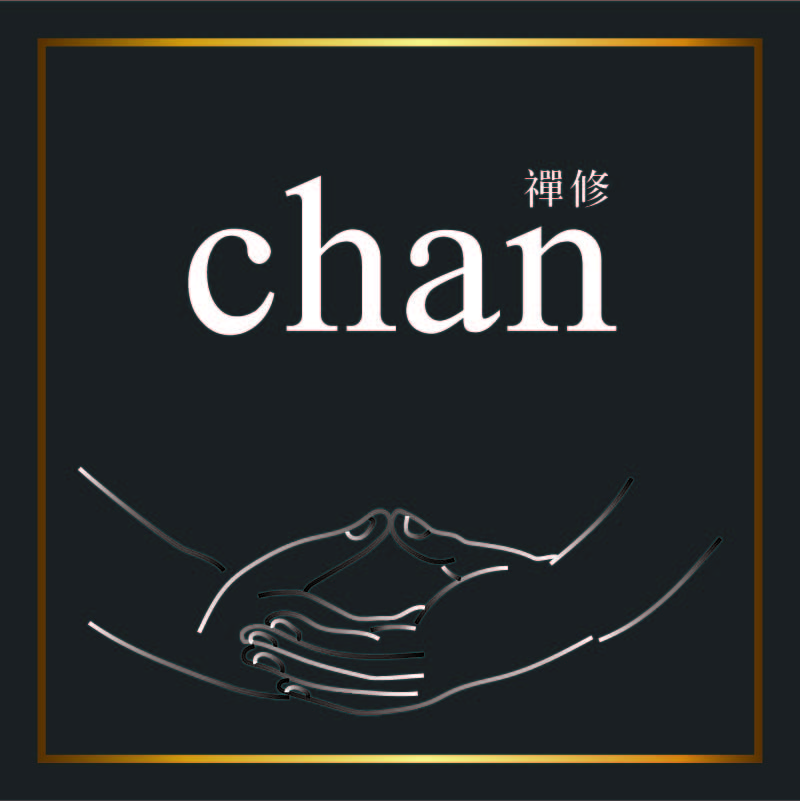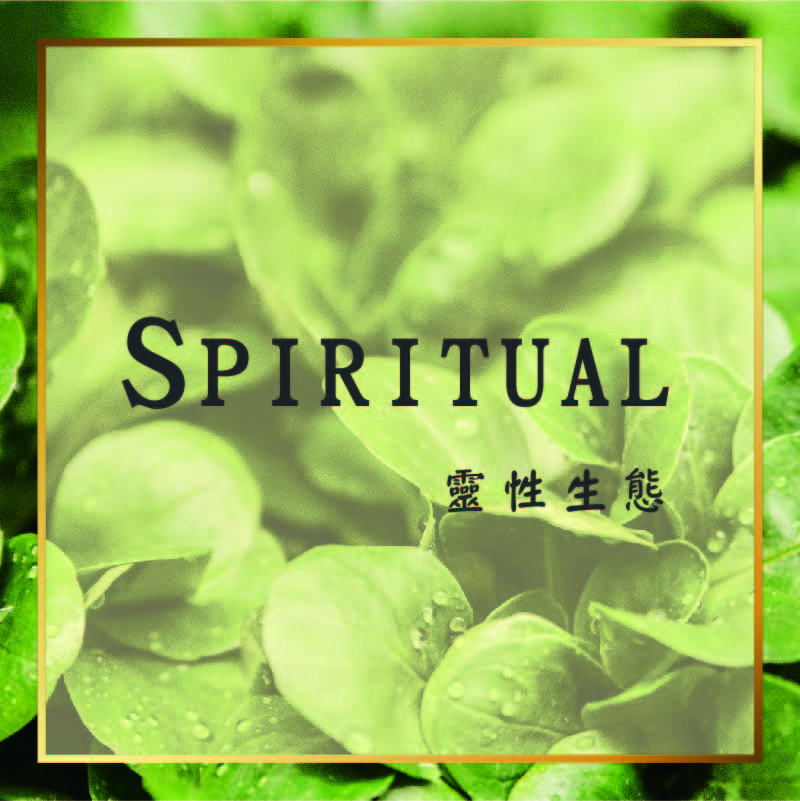
The Vow of Ksitigarbha as Life Dedication
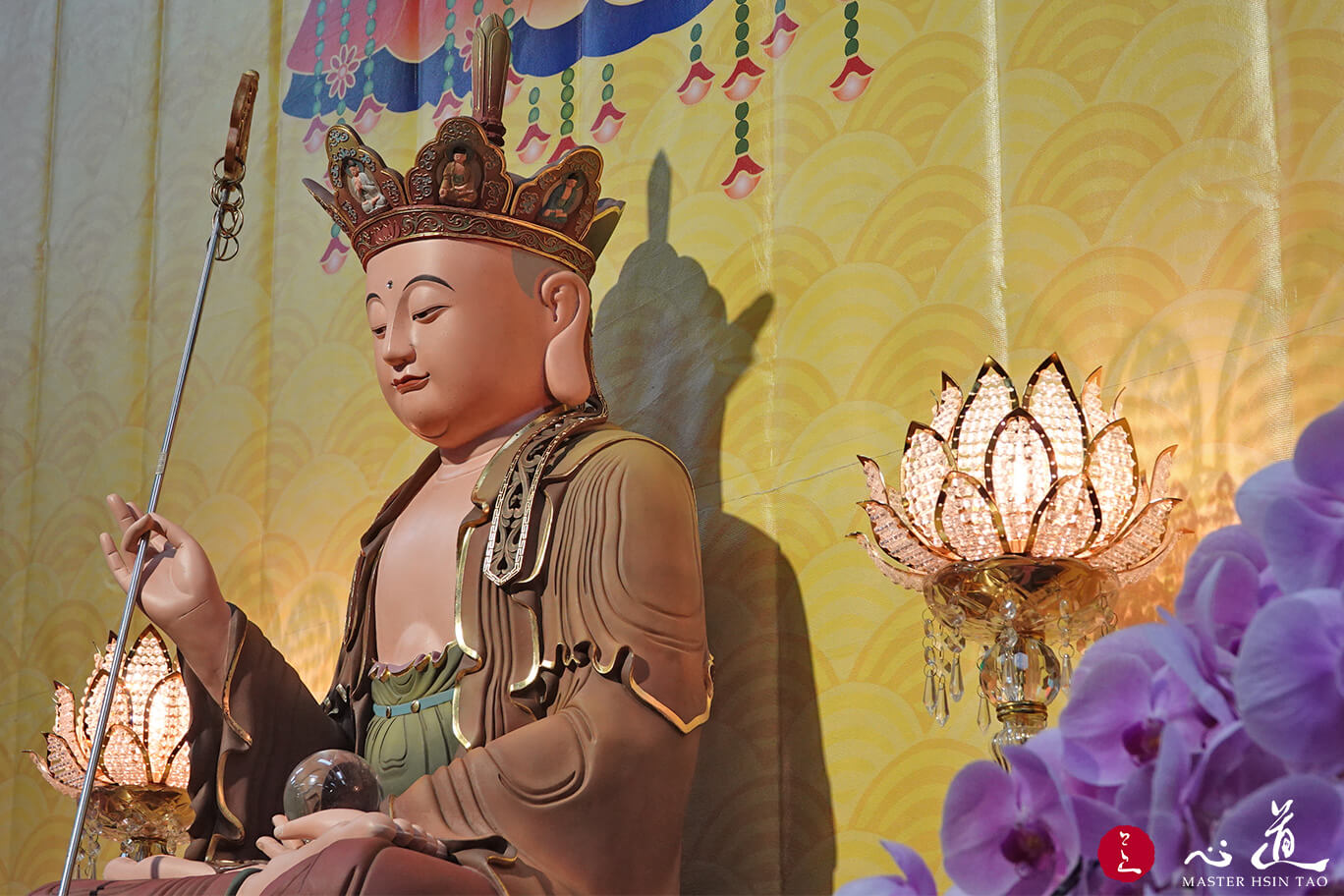 The Ksitigarbha Sutra introduces the aspirations made by Bodhisattva Ksitigarbha. Among all, the quintessential and the greatest aspiration is, “If the hell is not empty, I shall not attain Buddhahood”. He made the aspiration out of the greatest wish of altruism. We are very likely to regress from the wish to benefit others if we don’t make a great vow and reaffirm it consistently.
The Ksitigarbha Sutra introduces the aspirations made by Bodhisattva Ksitigarbha. Among all, the quintessential and the greatest aspiration is, “If the hell is not empty, I shall not attain Buddhahood”. He made the aspiration out of the greatest wish of altruism. We are very likely to regress from the wish to benefit others if we don’t make a great vow and reaffirm it consistently.
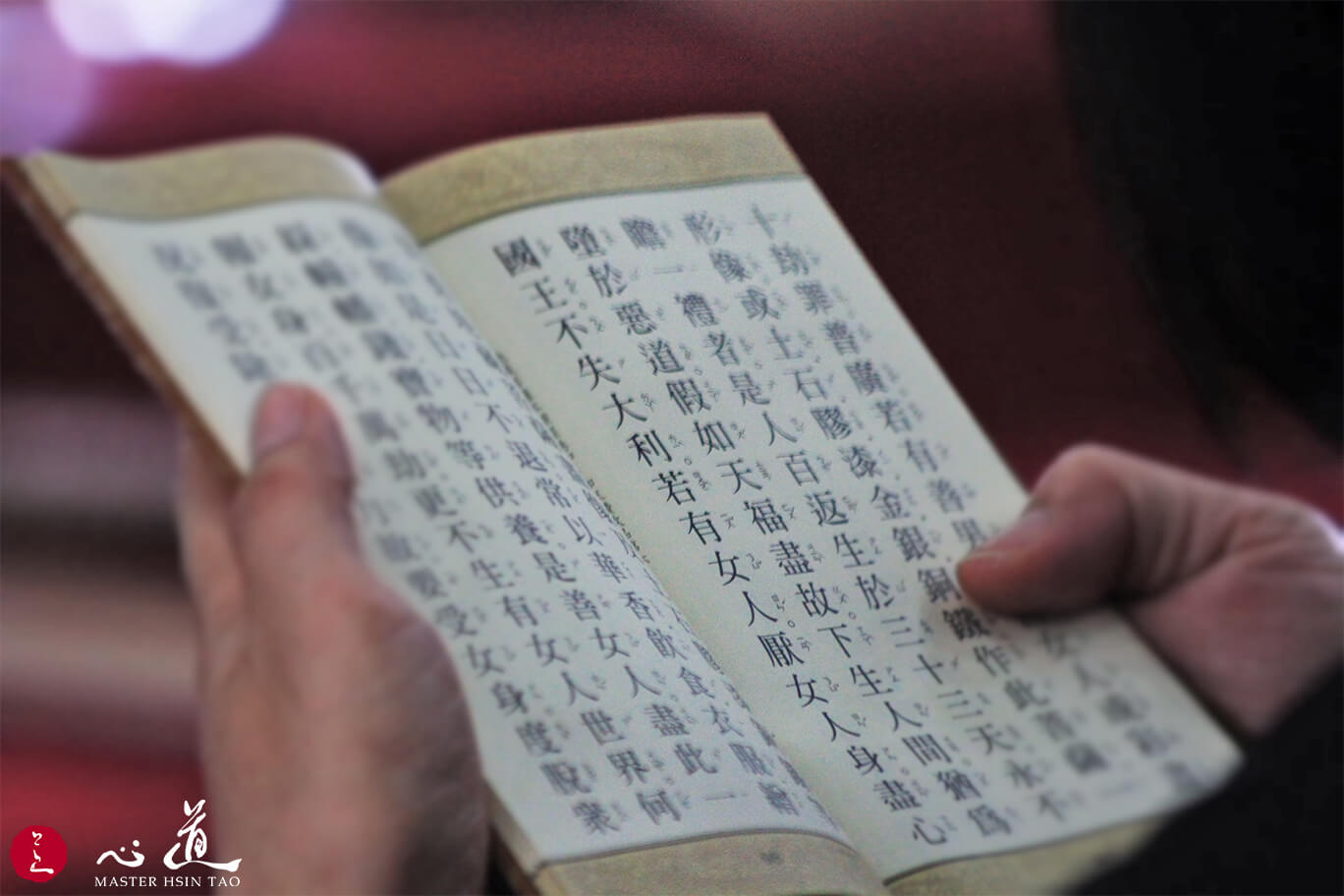 Therefore, we should emulate Ksitigarbha and his vow, “If the hell is not empty, I shall not attain Buddhahood.” Be willing to undertake the suffering on behalf of sentient beings is the aspiration of bodhisattvas. Compassionate activities are the aspiration of bodhisattvas. They vow to set beings free from suffering for the temporary and the ultimate happiness.
Therefore, we should emulate Ksitigarbha and his vow, “If the hell is not empty, I shall not attain Buddhahood.” Be willing to undertake the suffering on behalf of sentient beings is the aspiration of bodhisattvas. Compassionate activities are the aspiration of bodhisattvas. They vow to set beings free from suffering for the temporary and the ultimate happiness.
In order to be free from suffering for happiness, we must acquire wisdom. With wisdom, our minds can be purified, stabilized, and serenaded. We can work through lots of mental troubles and entanglements through Dharma practice. First, we must start with training our ethical disciplines. It is a way to tame our body, speech, and mind as if we are setting boundaries. That’s how we can keep afflictions and troubles away from us.
Then, we learn to tame our minds through meditative stabilization. When one tames the mind, there’s nothing undefeatable. If we fail to tame our minds, we’re carried away by waves of afflictions. In order not to be turned around by karma, we need to practice meditative stabilization.
Lastly, we must cultivate wisdom. If we can work through all the afflictions, nothing could ever be trouble again. Wisdom is all-pervasive and can work through any obstacles. Instead, we can observe that nothing is graspable with wisdom. Likewise, we must learn to observe and examine so as to increase our wisdom. By learning to examine, we can break free from all mental afflictions. That’s why we should study more sutras to cultivate that innate potential within us.
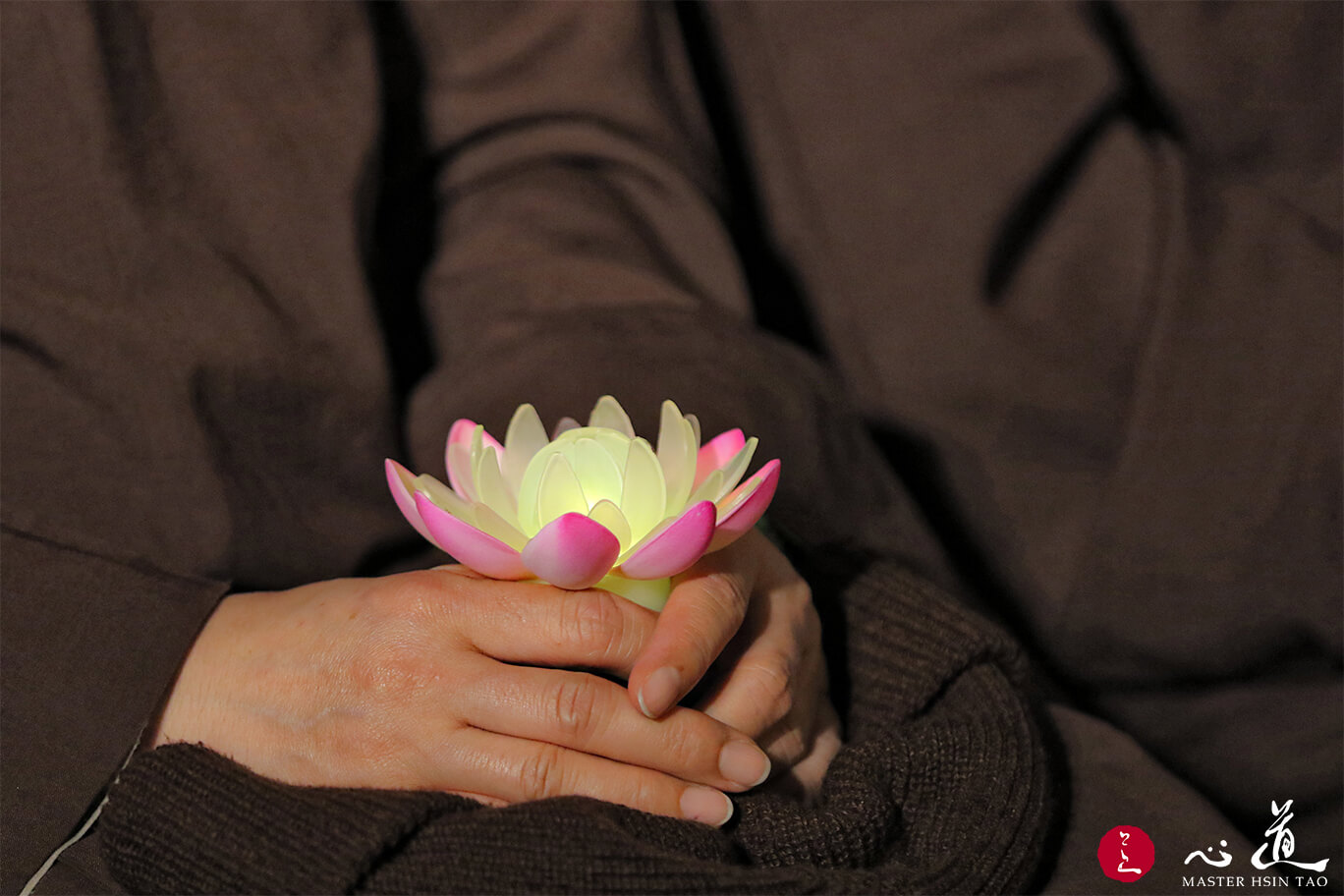 As we emulate the spirit of Ksitigarbha to save others, this is the aspiration and the drive for us to take the way of the bodhisattva. It is a path to benefit others for lifetimes to come. What we do for others are the accumulations for Buddhahood. To attain enlightenment, we’d need the two accumulations of merit and wisdom. “Merit” encompasses loving-kindness, compassion, joy, and equanimity whereas “wisdom” helps one to recognize the original face. The way of the bodhisattva is to uncover our original face and engage in altruistic work of loving-kindness, compassion, joy, and equanimity.
As we emulate the spirit of Ksitigarbha to save others, this is the aspiration and the drive for us to take the way of the bodhisattva. It is a path to benefit others for lifetimes to come. What we do for others are the accumulations for Buddhahood. To attain enlightenment, we’d need the two accumulations of merit and wisdom. “Merit” encompasses loving-kindness, compassion, joy, and equanimity whereas “wisdom” helps one to recognize the original face. The way of the bodhisattva is to uncover our original face and engage in altruistic work of loving-kindness, compassion, joy, and equanimity.
The way of the bodhisattva is built on the basis of aspiration. How extensive and vast our aspiration is, that’s where our life will be. Until all sentient beings are liberated, we'd then attain enlightenment. Hence, where we make aspiration would be in heaven or the Buddha-field would be. Aspiration is everything and the bodhicitta for any one of us to attain enlightenment. This bodhicitta is the virtuous seed of everything. With it, we can unionize our two accumulations on merit and wisdom. We must take the way of the bodhisattva as our lifetime dedication. Only when we've engendered bodhicitta can we aspire to attain the fruition of Buddhahood.


